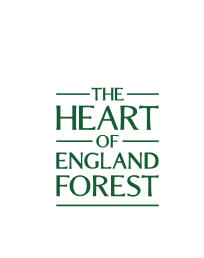
Take part in this year's Forest BioBlitz
Friday 5th July - Saturday 6th July
Gorcott Hill, Nr. Redditch
BioBlitz 2024 promises to be a jam-packed event, it’s a race against the clock to discover as many species of plants and wildlife as possible in 24 hours. This year we have a particular focus on invertebrates - in celebration of National Insect Week.
With unique surveys and fun experiences there is something here for everyone. This year we explore and record what we find at Gorcott Hill, a very special site not usually open to the public.
We welcome experts, complete newbies, and everyone in between. You can take part in as many sessions as you like, but remember you can't be in two places at once. So, take a look at the list below to find out what’s on and book your places.
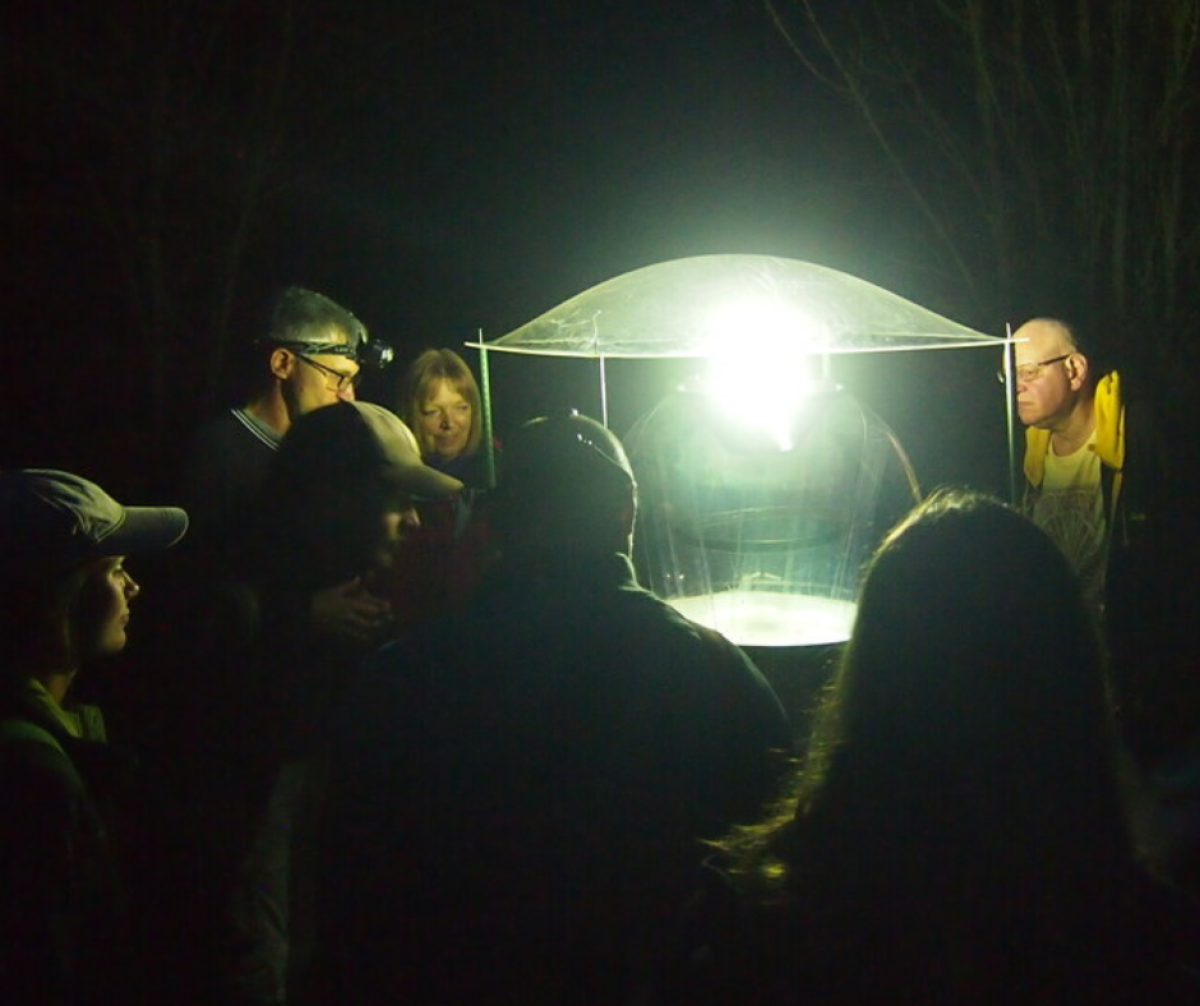
9:30pm – 11:30pm
Identify moths caught in light traps with the BBC Ndeavour Moth Group, a group of local moth recorders. Gorcott Hill has habitats ranging from ponds and wet ditches to ancient woodland and wildflower grassland, providing a varied range of habitats for different species of moth to breed in. A previous evening showed the site to have many moths present, and we hope to mirror this with this year’s bioblitz!
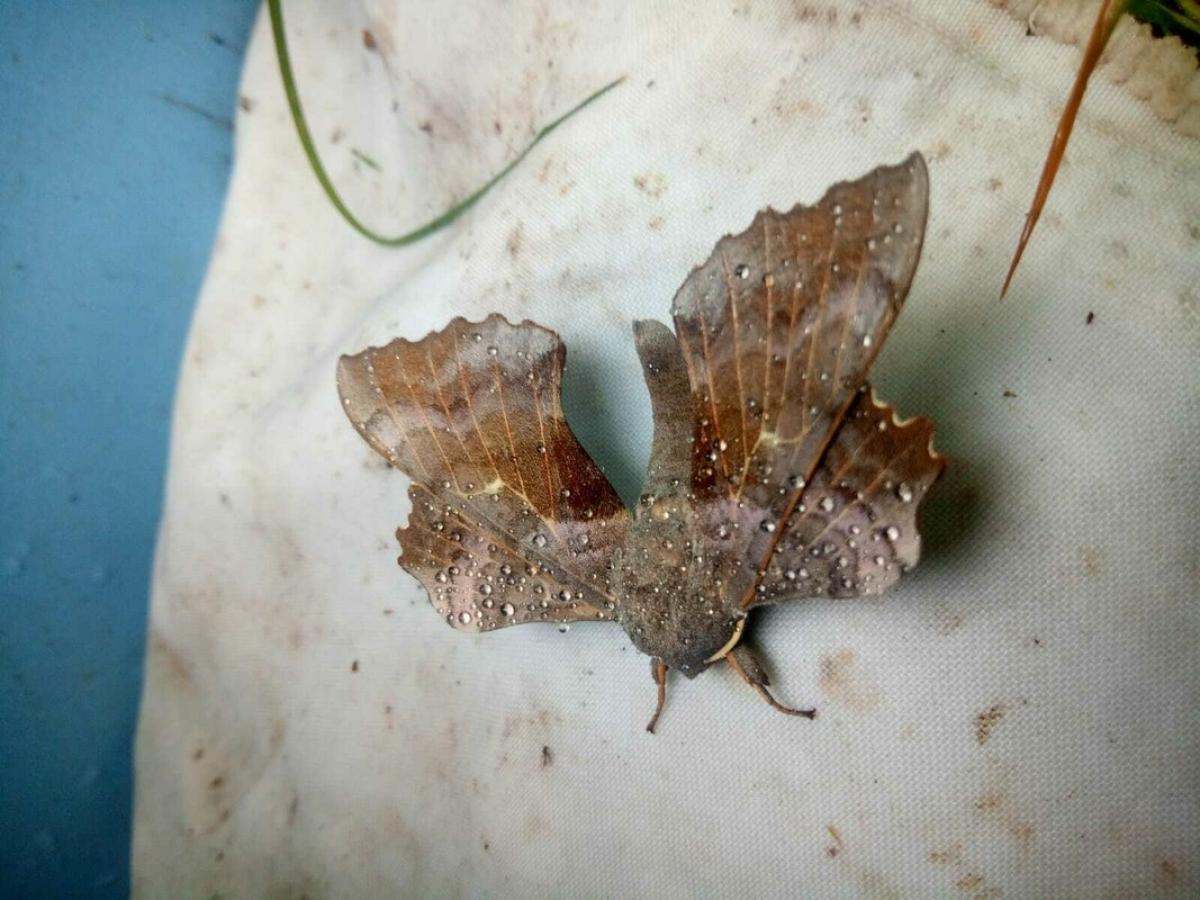
8:30am - 10.30am
Identify moths caught overnight in light traps with the BBC Ndeavour Moth Group, a group of local moth recorders. Gorcott Hill has habitats ranging from ponds and wet ditches to ancient woodland and wildflower grassland, providing a varied range of habitats for different species of moth to breed in. A previous evening showed the site to have many moths present, and we hope to mirror this with this year’s bioblitz!
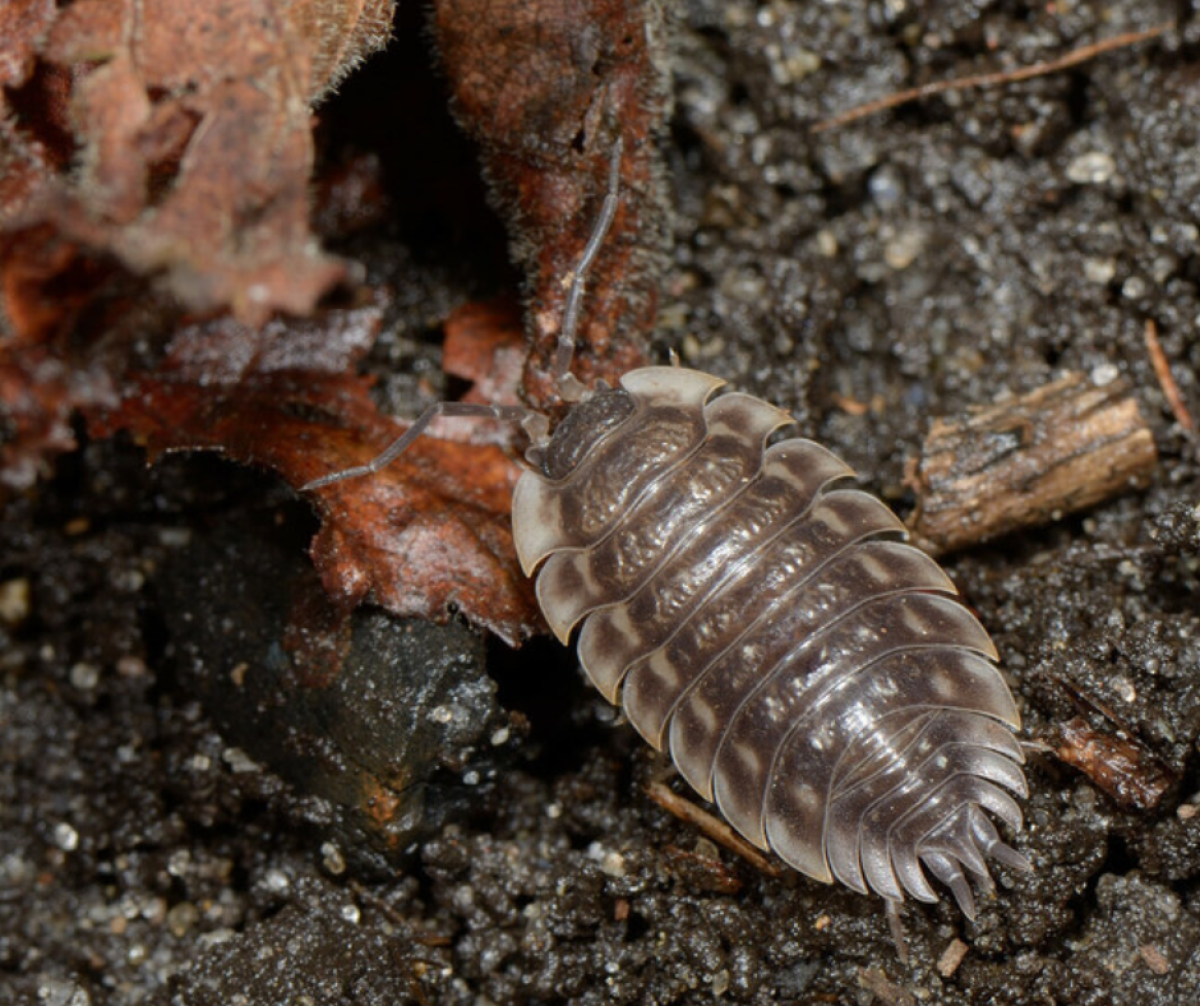
9.30am – 11.30am
Join Gary Farmer, local invertebrate enthusiast and manager at Vale Landscape Heritage Trust, and Assistant Biodiversity Officer Avery Hill to learn more about woodlice, millipedes and centipedes. Gorcott Hill has a range of habitats for Isopods and Myriapods so we should find plenty there. Gary also knows many other insect groups well so may point these out also!
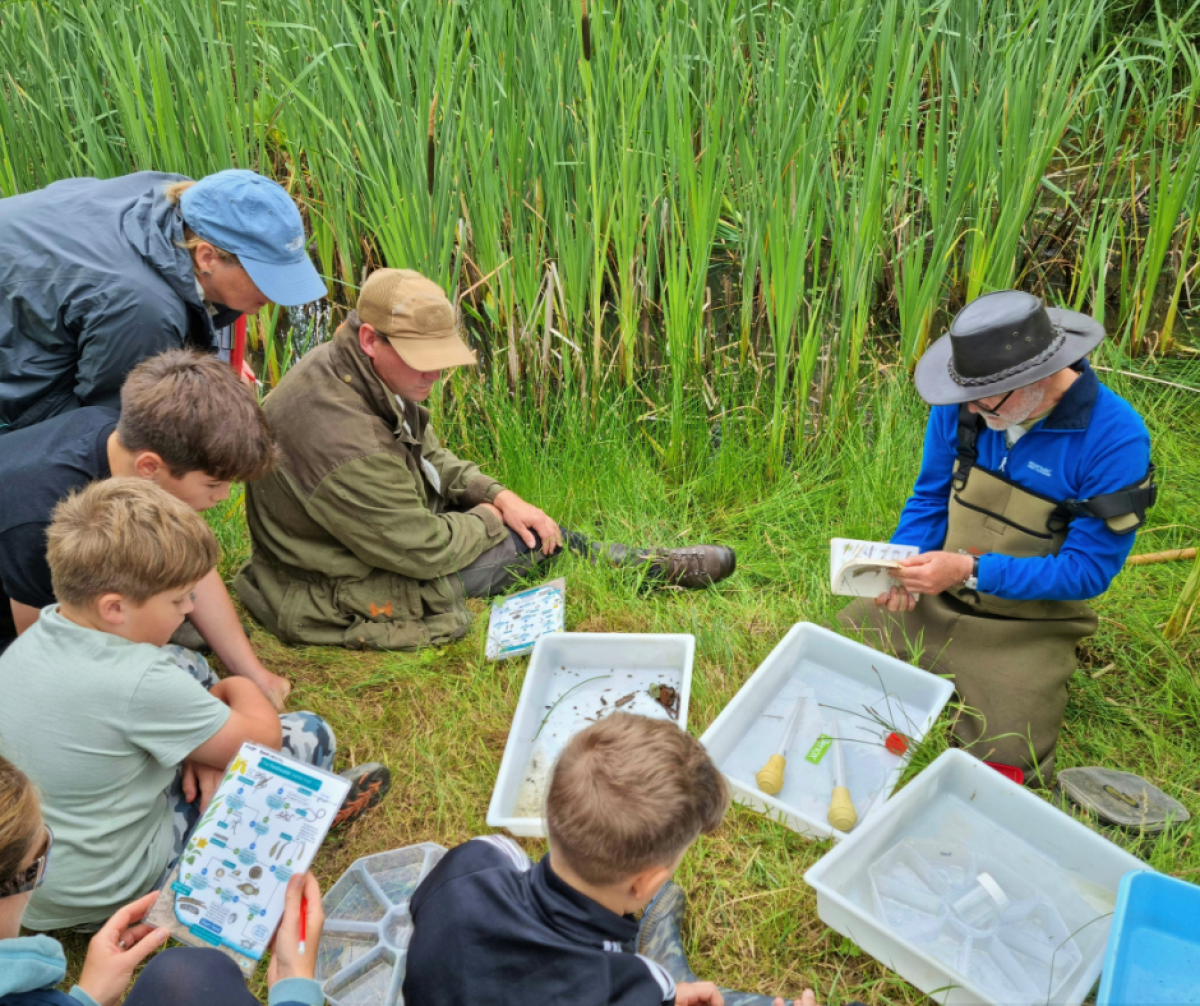
10.00am – 12.30pm
Join pond invertebrate expert Will Watson to see what water beetles, dragonfly larvae and other aquatic inverts can be found in the ponds at Gorcott Hill. Learn what we have in our ponds and streams here, how to identify multiple sorts of pond invertebrate and the difference between the different types of invert nymphs and larvae in our ponds.
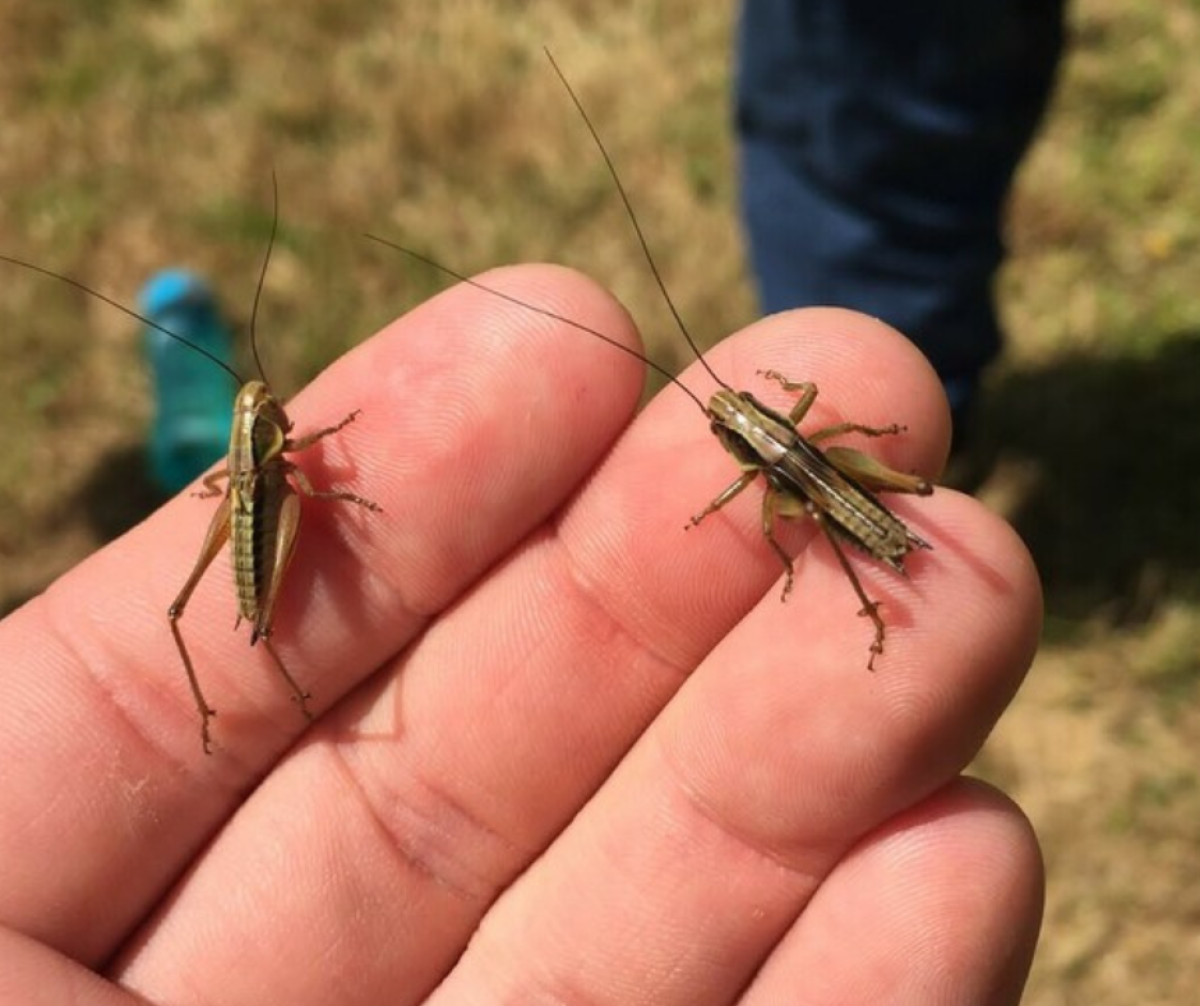
11:00am – 12:00noon
Go looking for grasshoppers and crickets with our very own Volunteer Manager, Jonathan Saunders. Learn the difference between a grasshopper and a cricket and how to identify some of the common grassland species you may see in the area.
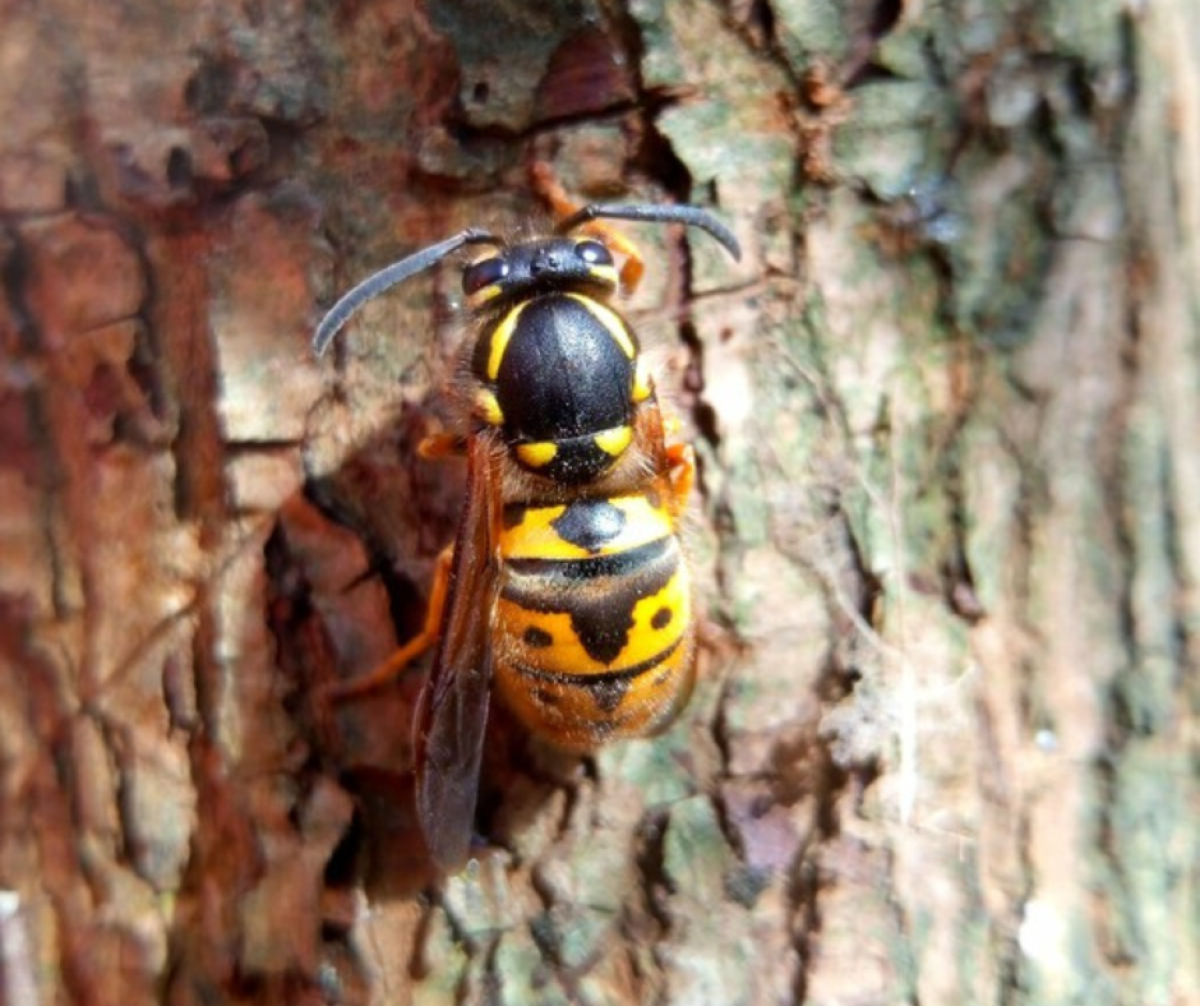
11:45pm – 13:45pm
Join Aaron Bhambra, PhD student at the University of Birmingham researching heathland pollinators in the Midlands, to find out more about bees, wasps, and other pollinators. Learn how to identify different bumblebees, the difference between social and solitary wasps, some common hoverflies and their importance.
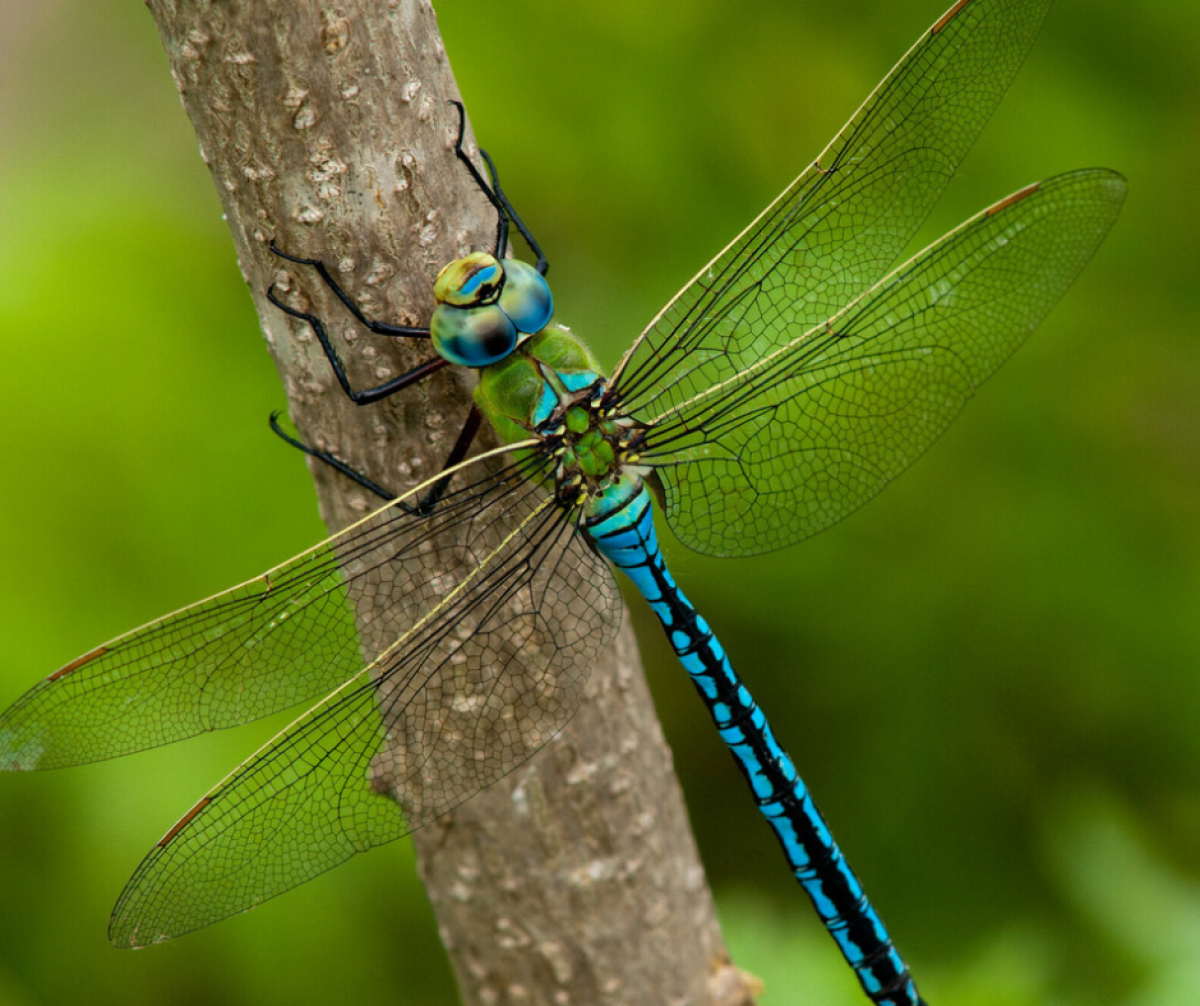
12.15pm – 13.45pm
Join Alan Sifford, long time dragonfly surveyor and volunteer at the Forest, to learn more about the different dragonflies and damselflies you can see in the Forest. Find out what the difference is between dragonflies and damselflies, what sort of habitats they prefer and which species you can expect where.
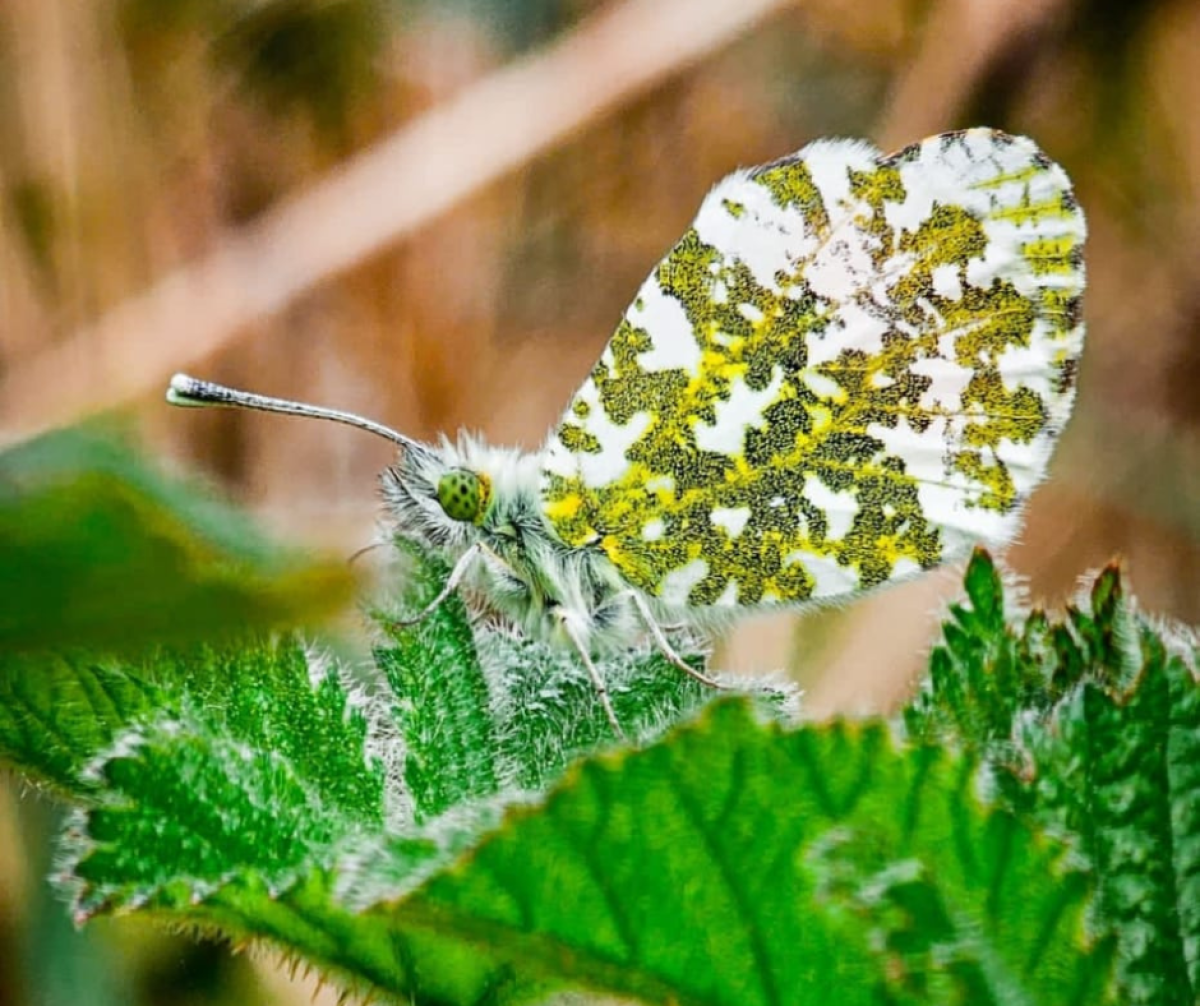
1.00pm – 3.00pm
Take a walk around Gorcott Hill with Mike Slater from Butterfly Conservation Warwickshire, recording and learning about all the different butterfly species we see. Gorcott Hill is known to have a breeding population of the Silver-washed Fritillary! We may even discover a new species in this area - please bring your binoculars if you have any!
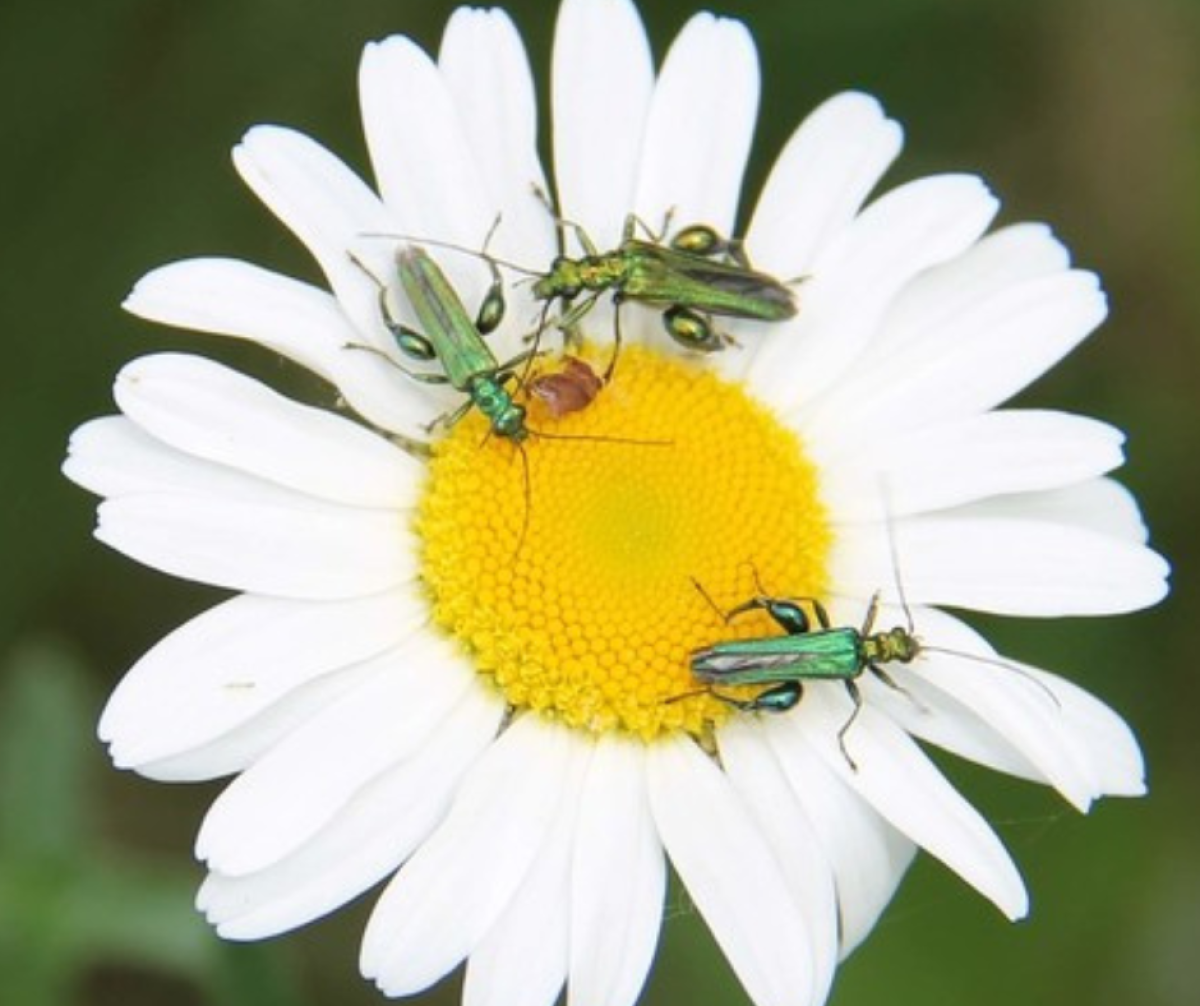
2.00pm – 4.00pm
Join Wil Heeney, organiser of the National Longhorn Beetle Recording Scheme and freelance ecologist, to learn more about the different types and species of beetle you can find at Gorcott Hill. The woodland here has a variety of microhabitats beetles can breed in, so a good range should be found!
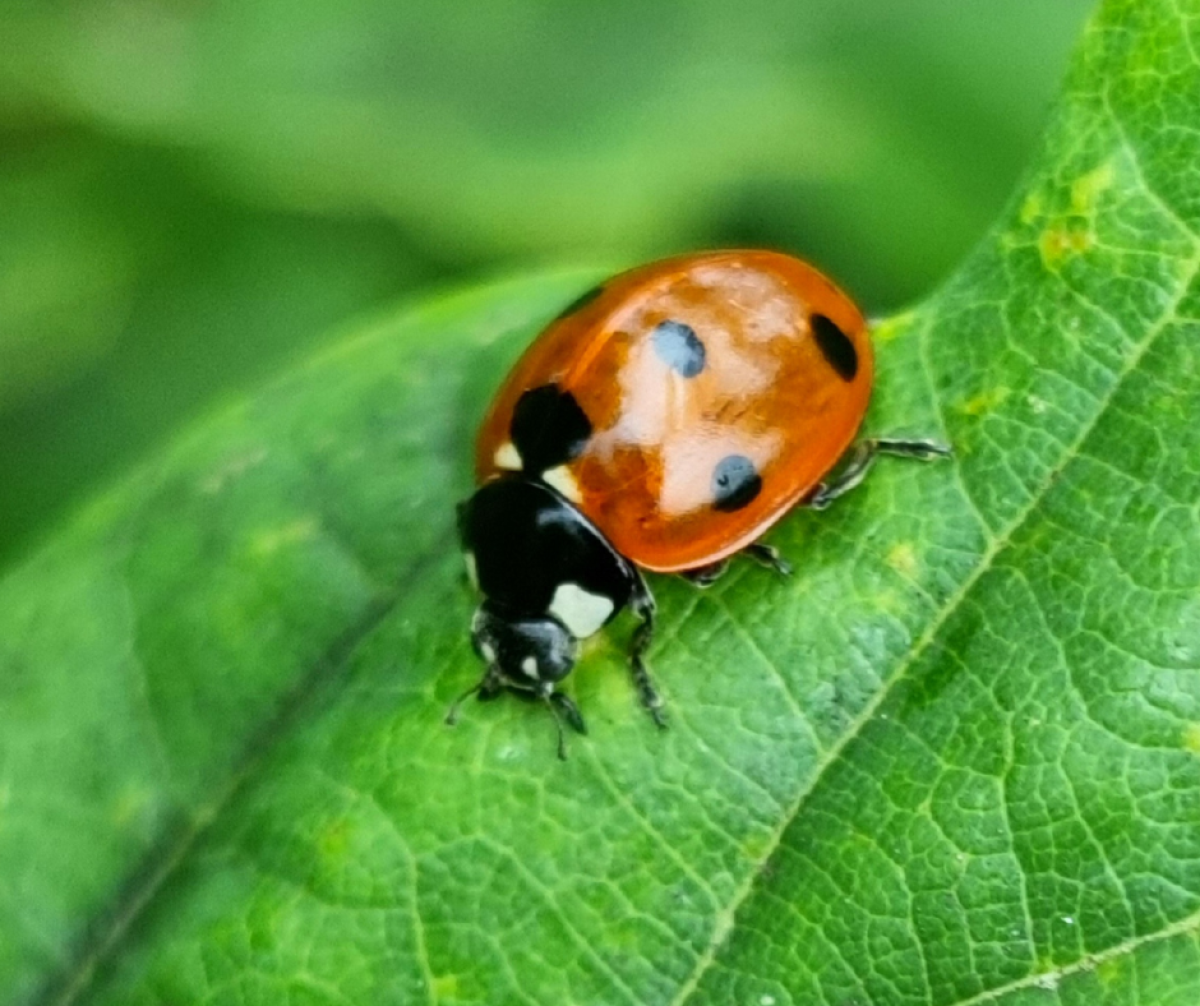
2.15pm – 4.15pm
Join Assistant Biodiversity Officer Avery Hill and Richard Comont, Science Manager at the Bumblebee Conservation Trust and author of RSPB Spotlight book on ladybirds, to learn more about this colourful family of beetles. Discover the difference between the common species, as well as what they feed on through their lifecycle and what they all need to thrive. [This event is weather dependent]

